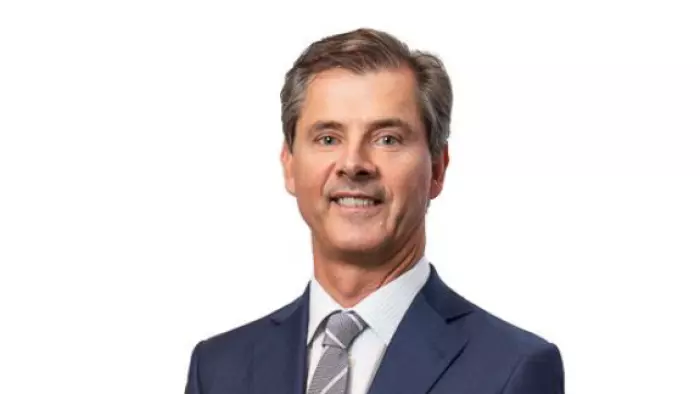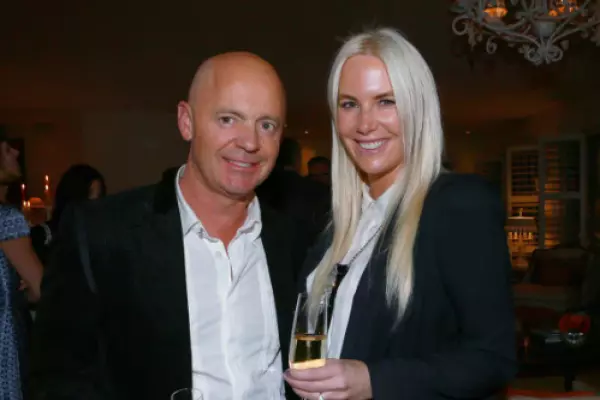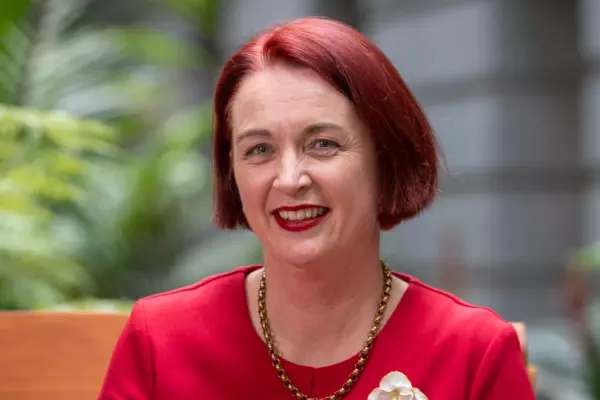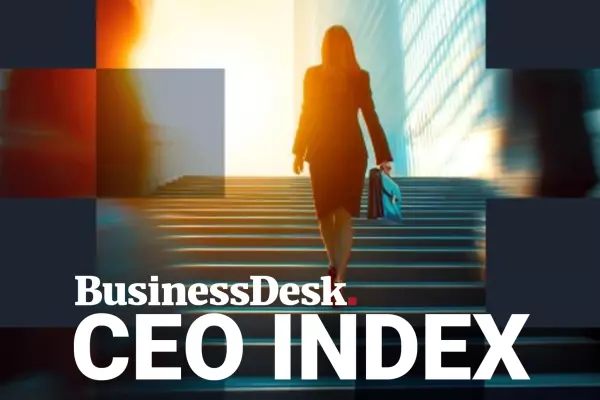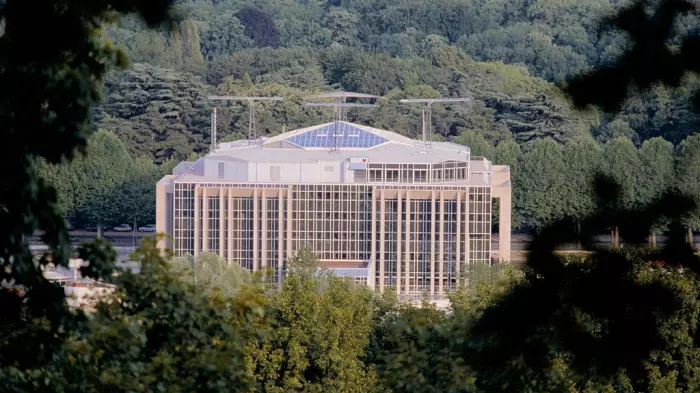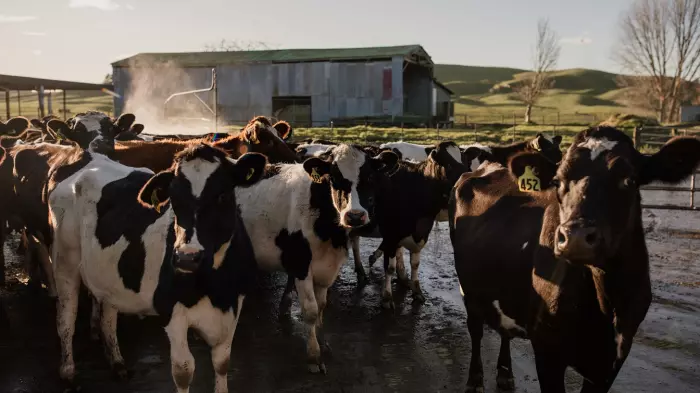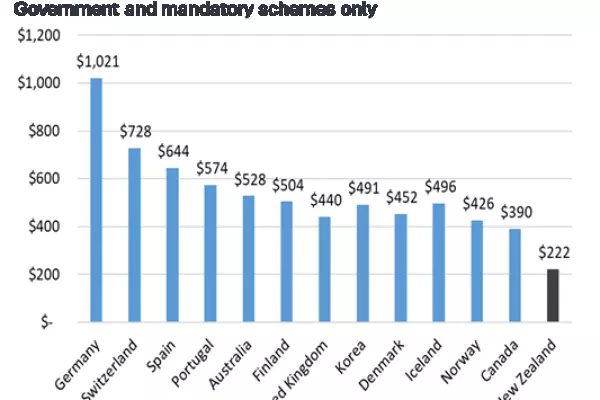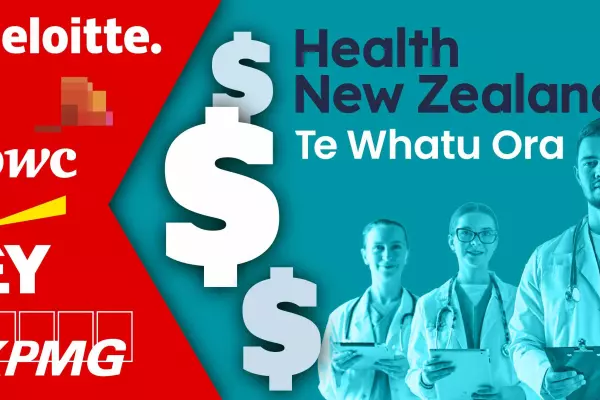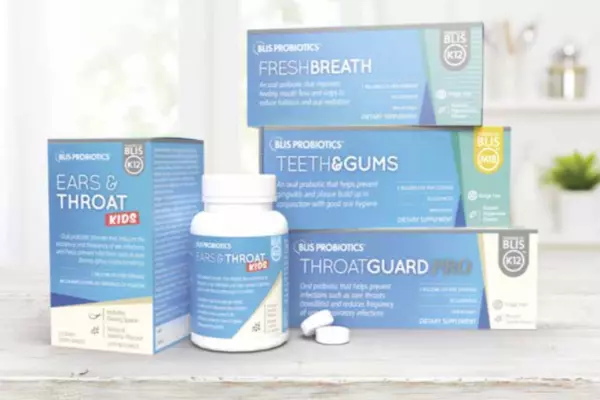"We always want to continue growing," says Ebos' chief executive, John Cullity.
This year, Ebos Group joined Farmers and Foodstuffs as one of the few New Zealand companies to reach 100 years of age.
However, unlike the two retailers, Ebos is hardly a household name in NZ, although products it owns, such as Red Seal, or distributes, such as Deep Heat and Vitapet, are.
EBOS’s history starts in Christchurch, where its head office was in Cashel Street for many years.
Unlike Foodstuffs and Farmers, Ebos has moved far from its origins. It was originally Early Brothers Trading Co, selling lamps in 1922.
By 1967 it had merged with Oral Supplies to provide dental supplies.
Fast forward to 2022, and the company is the biggest marketer and wholesaler of pharmaceutical products in Australasia. In the 12 months to June 30 2022, turnover hit $10.7 billion, up 16.6%.
Its share price has risen by 470% over the past 10 years.
The price was boosted earlier in the month as it joined a MSCI small cap index, making the stock more likely to be bought by passive funds.
“We always want to continue growing, we're a company that's always had strategies for growth," chief executive John Cullity told BusinessDesk after his company’s 100th annual meeting last month.
It was a subdued affair, but investors were positive.
“I'd like to congratulate the board on what this business has achieved over a long, long time. I've been associated with this business for 67 years,” one said.
Another added: “The theory of which I won't bore you with, but I've seen dramatic changes in this business which have been absolutely fantastic.”
The board was, however, questioned on growth by New Zealand Shareholders’ Association member Bruce Parkes, who asked when the company was coming back to investors for more money.
“At this stage, it is business as usual. We expect to expand outward through our cash flow from operations, and have good facilities,” chair Liz Coutts responded.
Ebos has come back to the market twice since 2009, when it bought major Australian pharmaceutical distributor Symbion, from Hong Kong’s Zuellig Group.
The latest raise, as reported by BusinessDesk, was structured in a way that disadvantaged retail shareholders.
Ebos gave the excuse that it had to do the deal that way because Christmas was approaching.
The shareholders' association said, “as a respected and credible company, NZSA does not believe that Ebos would have had any issue in raising its required capital by means of an entitlement offer, a position not always afforded to other listed entities.”
However, it said it accepted that the time of year did offer some excuse due to the unavailability of institutional investors.
Professional position
And those professional investors love Ebos.
Craig Investment Partners head of research Stephen Ridgewell describes Ebos as a “best in class operator” that he expects to “deliver above-average growth for the next two decades”.
Forsyth Barr said the company’s premium share price was “well justified” and Ebos was able to effectively navigate the current backdrop”.
Has it taken 100 years of trading to get to this position?
Former chief executive Mark Waller thinks it only took about 35 and, incidentally, that's about the length of time he was at the firm.
“We’re a company that had revenues of $8 million when I joined and I was really excited about changing the entire business model to allow the wholesale side to prosper and make it customer-centric by sourcing products from all around the world,” he said.
Waller’s first major acquisition was Symbion, which trebled profits in its first full year after acquisition, touching $92.1m or 62.8 cents a share.
From there Ebos bought healthcare communications business Zest, pet food business Blackhawk, natural health products company Red Seal, vet business Therapon and entered the medical device sector with the purchase of LMT Medical Systems, which produces diagnostic imaging equipment.
Waller stepped down as chair officially in 2019 but is still close to the company.
“It’s a bit of a Wayne Brown thing. If you’ve got a whole lot of people who are passengers or don’t like it, then they need to get out of the way. I tried to run it like it was my company, rather than a committee-type approach. It was my baby.” Waller said.
“I should have been more bullish more quickly, and the reason I say that is that if you look at say Warren Buffett, he tends to invest in businesses where the person running it is independently wealthy, so they are not doing it because they need money, so they make better decisions.”
Since Waller, Patrick Davies has been chief executive and now Cullity is in the hot seat. He's been chief executive since 2018.
“I was particularly pleased when John took over,” Waller added, saying Cullity had “entrepreneurial flair”.
Cullity’s latest big deal was paying $1b for LifeHealthcare, which gives Ebos a major Singapore outpost.
“We are certainly looking for more opportunities in Southeast Asia,” he said, adding that he thinks other parts of the business could be successful in Southeast Asia. "We’ve got to go through that evaluation over time.”
“We’ve got that foothold, we want to show investors and demonstrate [LifeHealthcare] has been a good acquisition and get their confidence,” he added.


